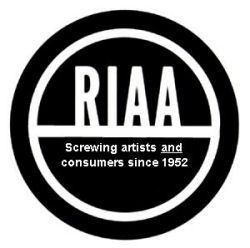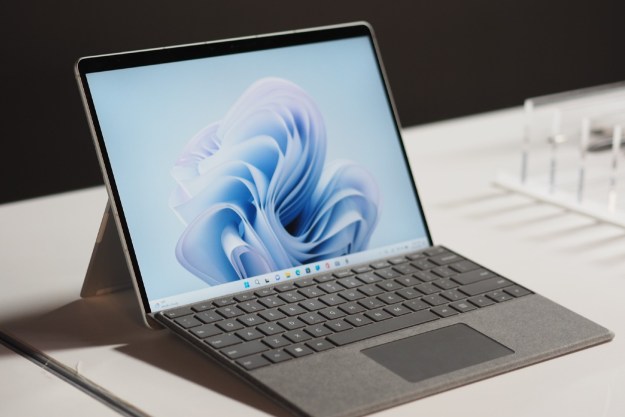 A federal judge on Friday drastically trimmed a $675,000 verdict against a Boston University graduate student who was found liable for illegally downloading and sharing 30 songs online, saying the jury damage award against a person who gained no financial benefit from his copyright infringement is “unconstitutionally excessive.”
A federal judge on Friday drastically trimmed a $675,000 verdict against a Boston University graduate student who was found liable for illegally downloading and sharing 30 songs online, saying the jury damage award against a person who gained no financial benefit from his copyright infringement is “unconstitutionally excessive.”
Joel Tenenbaum, from Providence, R.I., was sued by some of the largest music companies who said he violated copyright rules. He admitted in court to downloading songs between 1999 and 2007. The jury found him liable and assessed the damage award last July.
His lawyers appealed, calling the award “severe” and “oppressive” and asking the court for a new trial or reduced damages.
Judge Nancy Gertner on Friday cut the damage award to $67,500 — three times the statutory minimum — and said the new the amount “not only adequately compensates the plaintiffs for the relatively minor harm that Tenenbaum caused them; it sends a strong message that those who exploit peer-to-peer networks to unlawfully download and distribute copyrighted works run the risk of incurring substantial damages awards.”
Gertner also denied Tenenbaum’s request for a new trial.
“There is no question that this reduced award is still severe, even harsh,” Gertner said, noting that the law used by the jury to penalize Tenenbaum did not offer any meaningful guidance on the question of what amount of damages was appropriate.
“Significantly, this amount is more than I might have awarded in my independent judgment,” Gertner said. “But the task of determining the appropriate damages award in this case fell to the jury, not the Court.”
Gertner warned that the fact that she reduced the award does not mean that Tenenbaum’s actions are condoned or that wholesale file-sharing in comparable circumstances is lawful.
Still, Tenenbaum said he was happy the court recognized that the jury award was unconstitutional and trimmed it to about $2,250 per song, but he said he also cannot afford paying the reduced damages.
“I still don’t have $70,000 — and $2,000 per song still seems ridiculous in light of the fact that you can buy them for 99 cents on iTunes,” Tenenbaum said. “I mean $675,000 was also absurd.”
But the Recording Industry Association of America was not sympathetic, saying that the group will appeal the court ruling.
“With this decision, the court has substituted its judgment for that of 10 jurors as well as Congress,” RIAA said in a statement.
“For nearly a week, a federal jury carefully considered the issues involved in this case, including the profound harm suffered by the music community precisely because of the activity that the defendant admitted engaging in,” according to the RIAA statement.
Gertner also said that her decision to trim the punitive damage award is in line with previous court decisions to curb excessive jury awards that targeted businesses.
“For many years, businesses complained that punitive damages imposed by juries were out of control, were unpredictable, and imposed crippling financial costs on companies,” Gertner said. “In a number of cases, the federal courts have sided with these businesses, ruling that excessive punitive damages awards violated the companies’ right to due process of law.”
“These decisions have underscored the fact that the constitution protects not only criminal defendants from the imposition of ‘cruel and unusual punishments,’ but also civil defendants facing arbitrarily high punitive awards,” Gertner said.
Gertner’s decision comes more than five months after a federal judge in Minneapolis also drastically reduced a nearly $2 million verdict against a woman found liable last year of sharing 24 songs over the Internet, calling the jury’s penalty “monstrous and shocking.”
U.S. District Judge Michael Davis also reduced the $1.92 million penalty a jury imposed against Jammie Thomas-Rasset to $2,250 per song, or about $54,000.


